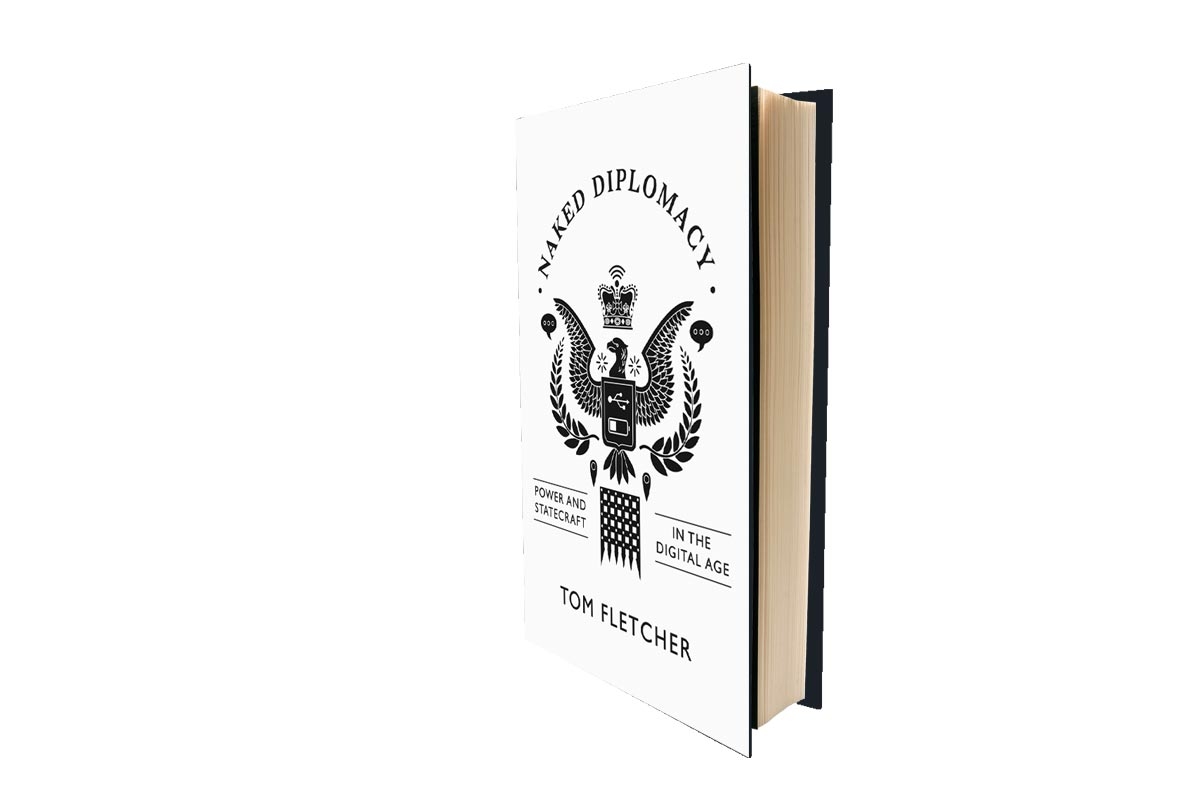Article

During the four years Fletcher served in 10 Downing Street under Blair, Brown and Cameron, he saw diplomatic relations move from pen-and-paper, through email, to the world of social media.
As diplomacy, alongside the wider world of politics, becomes more available for scrutiny, he explores the geopolitical impacts this could have, and tries to imagine the (heavily digital) life of a diplomat a decade from now. We are treated to a brief history of diplomacy, where he laments the penny-pinching modern diplomatic service, wistfully recalling the days when alliances were forged between nations over copious amounts of alcohol. There is also a gentle regret over the modern influence of the media and its ability to undermine official diplomatic proceedings. Churchill never had to stand for this, seems to be his constant gripe.
Next, he looks to our tech-centric future. ‘Let’s be in no doubt,’ he writes. ‘The coinage of global politics is now digital.’ He predicts a revolutionary overhaul of how governments operate, with technology making them more efficient, faster, and utilising a volume of data about their citizens that past world leaders could never have imagined. With Assange and Snowden breaking taboos regarding the public consumption of classified documents, it’s a revolutionary time for the transparency of government data, and it’s hard to predict where it will end. Fletcher encourages the concept of so-called ‘citizen diplomats’, whose usage of the internet to spread a country’s message he sees as revolutionarily as the printing press was centuries ago. The next generation of diplomats will need to understand this seismic shift, he claims, or else risk falling behind the times.
This review was published in the November 2016 edition of Geographical magazine.

